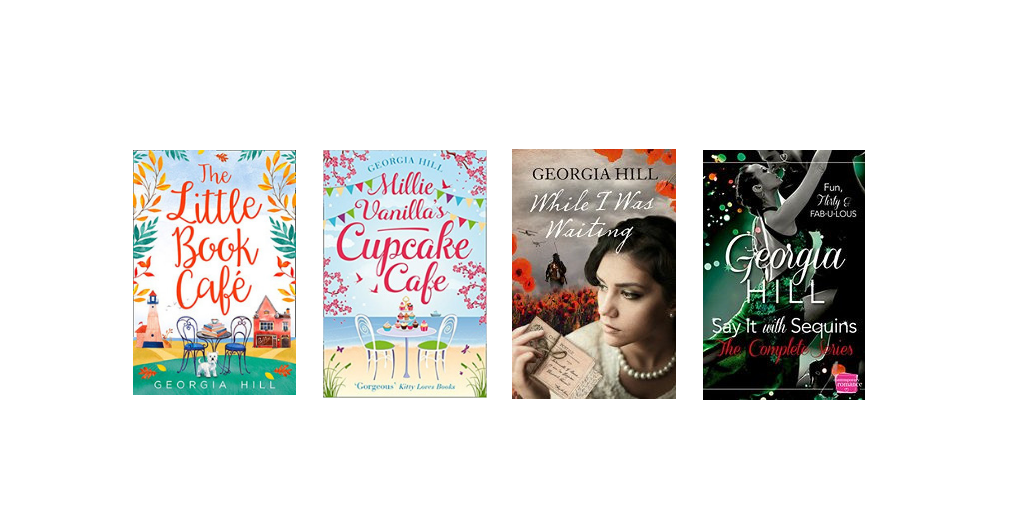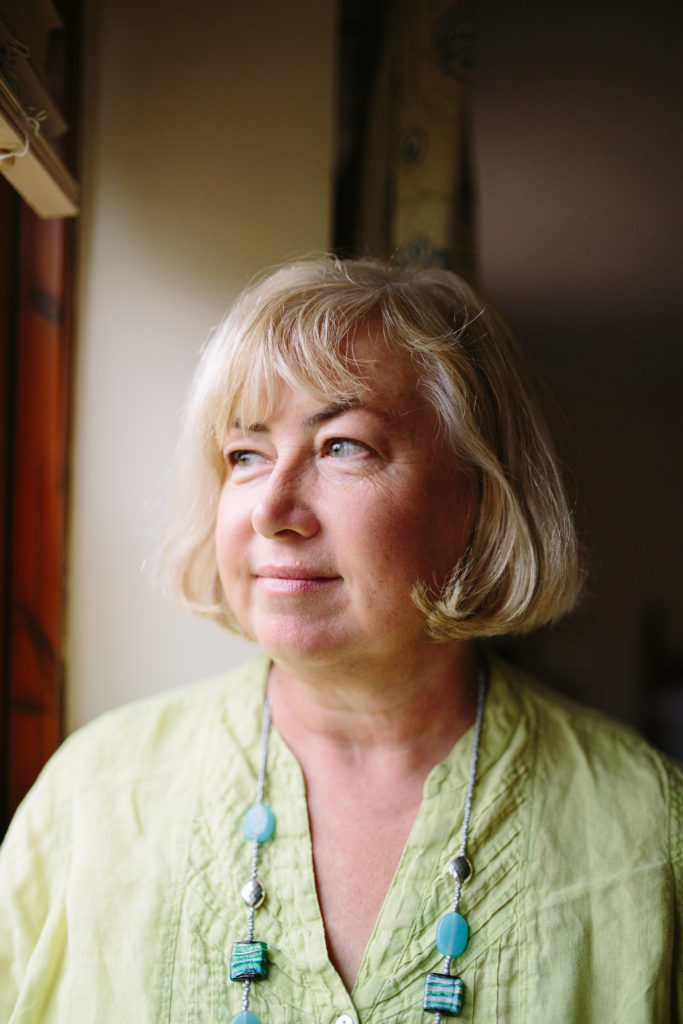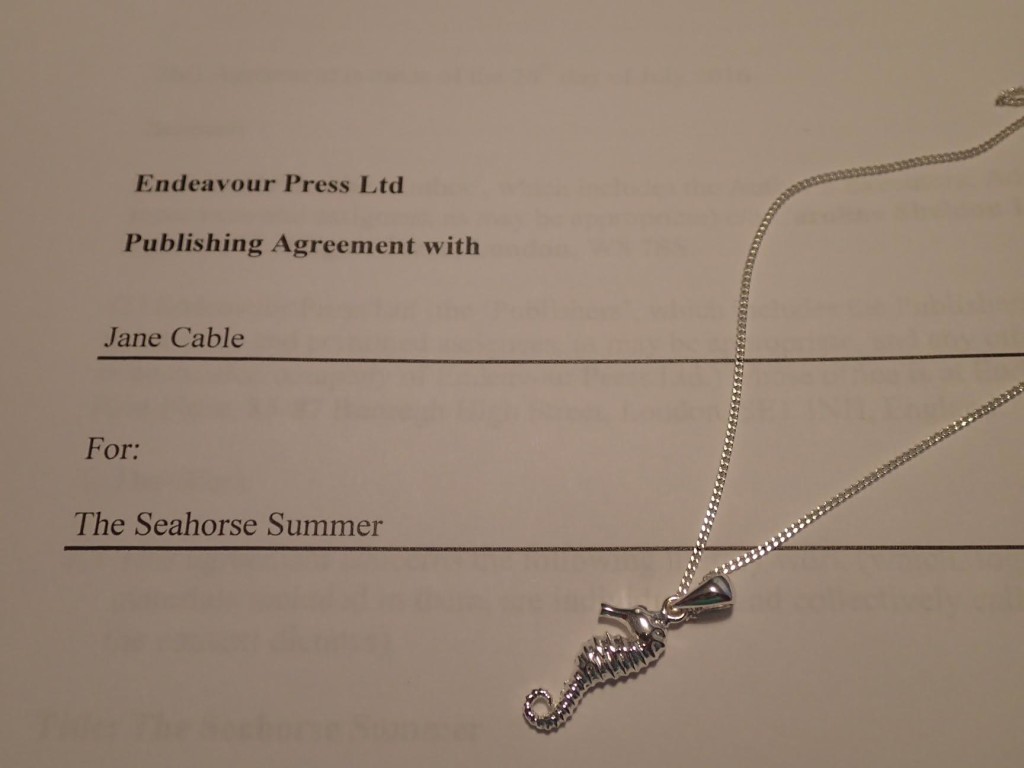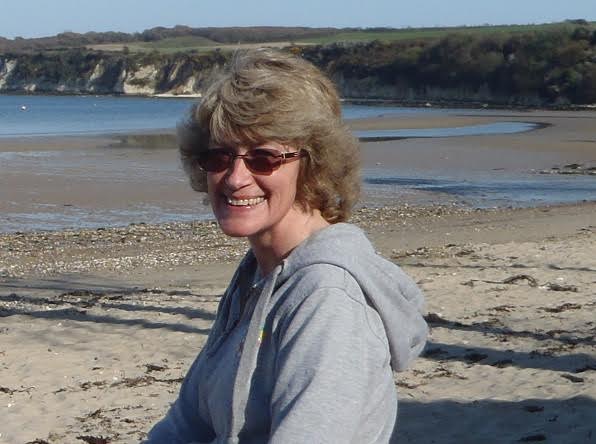
Huge thanks to Jane Cable for inviting me! I write romance – romcoms and historical. I live on the Dorset coast with my two beloved dogs (a sprocker and a delinquent cockapoo puppy) my husband (also beloved but not at all delinquent) and a ghost called Zoe. I love Jane Austen, elephants and Strictly Come Dancing. I’m also a complete museum geek and find inspiration for my writing from the folklore and history of the many places in which I’ve lived.
I’ve worked in the theatre, for a charity and as a teacher and educational consultant before finally acknowledging that making up things was what I really wanted to do. I’ve been very happily living in a fictional world ever since.
My writing
I began writing professionally in 2009, have had 6 novels published, a volume of short stories and have also written short stories for magazines.
My writing process
I used to walk the dogs, then write throughout the day. Nowadays I find being glued to a screen for too long makes my eyes gritty and my shoulders stiff. I’m far more likely to write for an hour, put some washing in, write some more, make a cup of tea – you get the picture. I’m always thinking about the work in progress, so even when I’m not at the keyboard, I’m wondering about my characters. They become very real. There’s a certain amount of promo on social media to fit in too. Luckily I enjoy that.

Planner or ‘pantser’?
I’m a convert to planning – reluctantly! Using Post-its, I brainstorm the story, working backwards from the end listing the main plot points. Those are written up into bullet points as a crib sheet. This guides me through the story and avoids the ‘what was going to happen next?’ issue. However, characters often take on a life of their own and the crib sheet has to be rewritten as it’s scribbled over so much. If I’m writing one of my dual narratives, I have to plan out more carefully and often end up writing a chapter by chapter synopsis to help me keep track. Helps with the edits too.
Word count?
I keep a tally on the crib sheet when writing the very ‘dirty’ first draft. I tend to write that quickly and usually add about 20,000 words during the second draft so I usually know where I’m going.
Structure?
I have the three act structure in mind and occasionally have even been known to apply it! Instinct guides me more.
What’s hard about writing?
I love writing the first draft. It’s very rough and, as I’m not a skilled typist, has lots of strange typos and very little punctuation. I’m strong on dialogue so the first draft is often little more than that – with ADD DETAIL written in lots of places for the second! I love telling myself the story, which is why I’m a reluctant planner – I like to see where the characters are going to take me. Once their story is told, I lose interest and have to force myself to do the next round of edits – that’s when, for me, the hard work begins.
My advice to other writers
Keep abreast of social media, especially Twitter; you can pick up current trends, tips and useful features. Develop a writing community but choose your writing pals wisely and build up trust; they can be your most valued supporters. Read widely and often. Take a notebook absolutely everywhere. Do your research. And develop a very thick skin!
Links
www.georgiahill.co.uk
Facebook georgiahillauthor
Twitter @georgiawrites
Instagram @georgiahill5681




